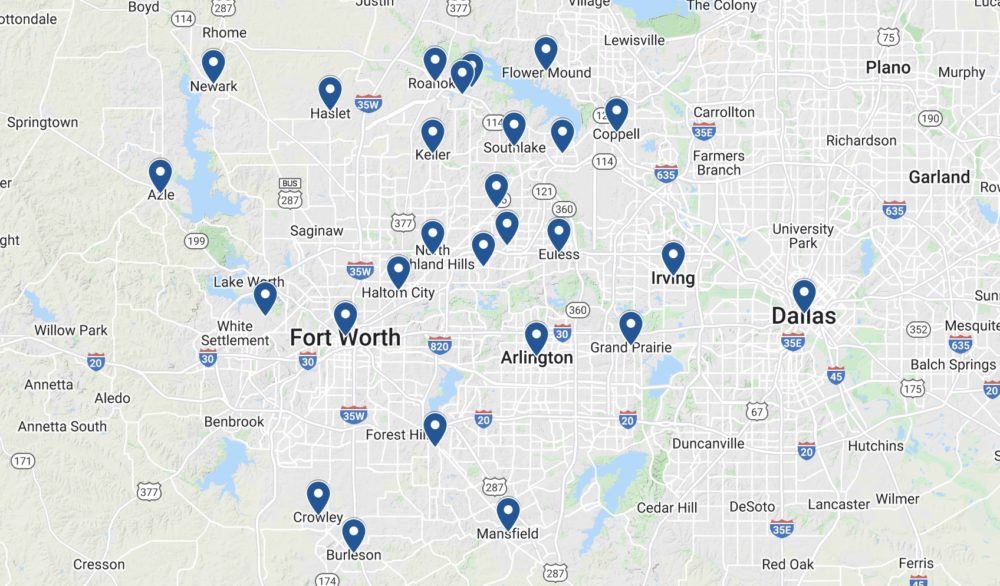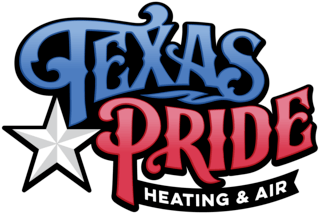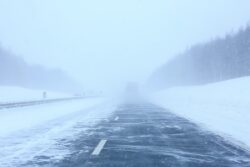IS IT NORMAL FOR HEAT PUMP TO MAKE LOUD NOISES IN COLD TEMPERATURES in Texas
Heat pumps are among the most efficient equipment that can keep your Keller home comfortable. However, they tend to make strange noises at times, mostly during the winter. Subsequently, homeowners often ask us, “is it normal for my heat pump to make loud noises in cold temperatures?” Here are some of the noises that should let you know you need to call for professional service.
WHOOSHING SOUND
Heat pumps contain a valve that reverses the flow of refrigerant when changing between heating and cooling. During the cold season, the heat pump shifts to defrost mode, and the valve reverses and produces a whooshing noise that lasts for several seconds. After the whooshing sound comes a slightly louder sound from the compressor.
The sound is normal and may seem louder during winter since the heat pump works the hardest. However, if the sound continues throughout the operation of the heat pump, consider contacting a specialist.
LOUD METAL ON METAL NOISE
When it’s cold outside, this type of noise may result from the fan blades hitting chunks of ice, components of the fan or loose wires. If you hear such noises, immediately shut down your unit to prevent further damage and contact your HVAC technician for inspection and repair.
RATTLING AND LOUD VIBRATION
A rattling and vibration that worsens over time may indicate loose screws on the cover panel or other hardware components. The sound may also come from the refrigerant pipes when they get strapped tightly. Some heat pumps tend to be noisier than others, so you either need to get used to the noise or replace the unit.
SCREECHING NOISE
The noise sounds similar to that of belts in vehicles and signals a problem. Screeching or squealing occurs as a result problems with the blower belt or its bearings. Contact a technician for maintenance, repairs or replacements.
CLICKING, HUMMING AND HISSING
A rapid clicking sound, especially accompanied by humming, is a sign of electrical issues in your heat pump. The sound may come from a worn-out electric component or loss of connection. If you hear such noises, shut down the system to avoid further damage to the electrical complications, and contact an HVAC technician.
A hissing sound coming from your heat pump or ducts also indicates a problem. It could be either refrigerant or air escaping, which is a major issue. Once refrigerant levels get low, the heat pump will not be able to transfer heat across your home.
Such problems are hard to troubleshoot by yourself, and you will need the help of a professional for proper diagnosis and repairs where necessary. If you notice a hissing sound, immediately shut down the heat pump and contact a technician.
NOISES WHEN SHUTTING DOWN OR SWITCHING ON
Furnaces make sounds when switching on and off, but the sound becomes familiar over time. For new heat pump owners, the sounds may seem strange, and it may sound like the heat pump has a problem. For instance, some heat pumps contain a scroll compass that taps and clicks whenever you shut them down.
When starting a heat pump, the sound may be loud and seem as if your whole system is shaking. However, if you have used a heat pump for many years and notice strange noises when switching it on and off, it may be time to consult a technician.
BUZZING, GURGLING OR GRINDING SOUNDS
A buzzing sound may come from malfunctioning coils or contacts in your heat pump. Gurgling, on the other hand, may indicate low refrigerant levels. A dirty motor bearing may produce a shrieking sound.
Such sounds need an experienced HVAC technician for correct diagnosis. A professional can eliminate many of these strange noises when performing scheduled maintenance. Additionally, your technician can advise you on when to repair and when to replace your system.
Take action and address heat pump noise now before it causes a more serious problem. Contact Texas Pride Heating and Air for professional HVAC maintenance.
Dealing with Freezing Issues: Using Emergency Heat Mode in Cold Temperatures
In Fort Worth, Texas, where temperatures sometimes can drop below freezing, it’s important to be prepared for the occasional freezing of your heat pump. When the outdoor unit of your heat pump freezes up, especially in temperatures below 30 degrees, it’s a good idea to switch to “Emergency Heat” mode on your thermostat.
Emergency Heat mode utilizes your auxiliary heating system, typically electric resistance heating, to provide warmth to your home. Here’s why using it in freezing weather can be beneficial
- Efficiency: Heat pumps may struggle to extract heat from the cold outdoor air when it’s extremely cold. Emergency Heat mode uses electric resistance heating, which is less affected by low temperatures and can maintain indoor comfort more efficiently.
- Thawing: When your heat pump freezes, it’s essential to thaw it to restore its efficiency. Using Emergency Heat can help speed up the thawing process, as it doesn’t rely on the outdoor unit.
- Comfort: In very cold weather, using Emergency Heat can provide a more consistent and comfortable indoor temperature.
While using Emergency Heat can be effective in cold temperatures, it’s important to remember that it consumes more electricity, potentially increasing your energy bills. Therefore, it’s advisable to switch back to the normal heat pump mode once the outdoor unit has thawed and temperatures have risen.
In conclusion, understanding the noises your heat pump makes and knowing when to switch to Emergency Heat mode can help you maintain a comfortable and efficient heating system in Keller during cold weather. If you encounter persistent issues or have concerns, don’t hesitate to contact Texas Pride Heating and Air for professional HVAC maintenance and assistance.
Areas We Serve









